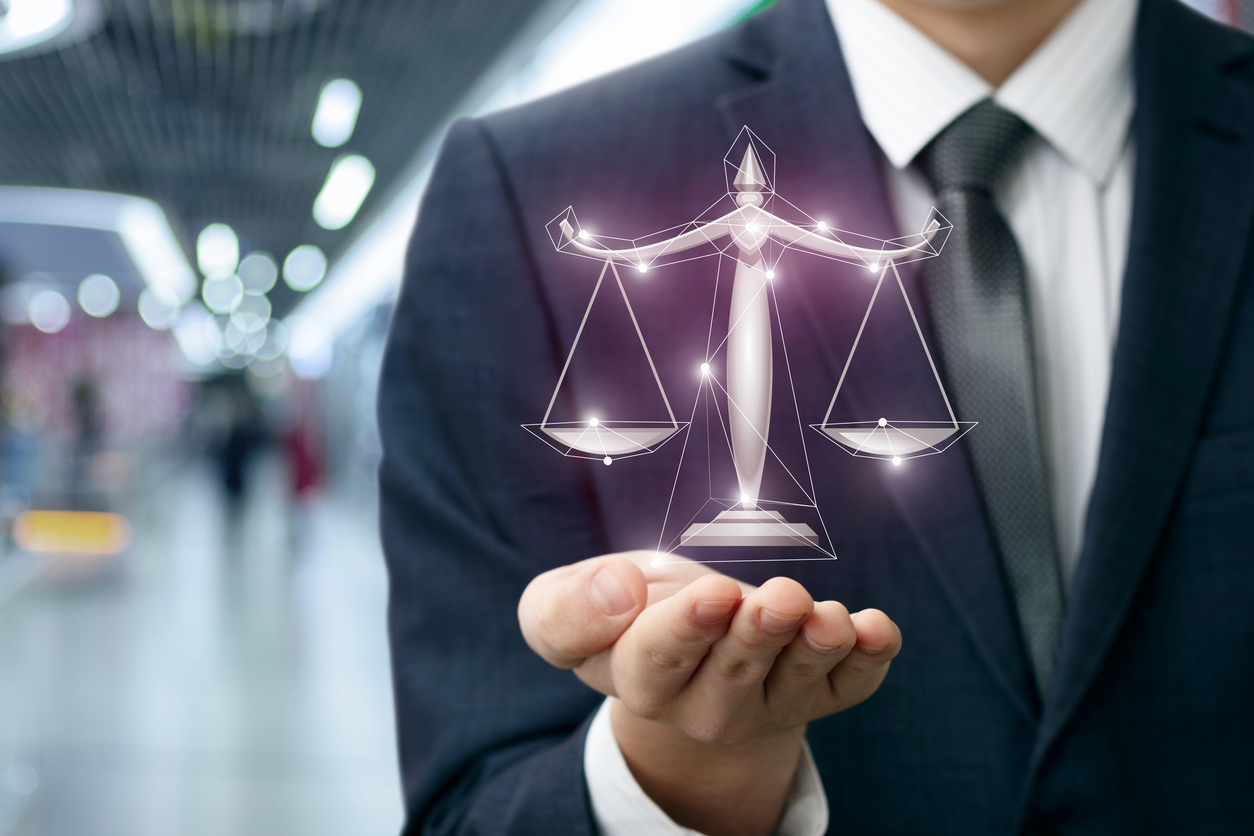In the case of Flipkart Internet Private Limited v. State Of U.P. And 3 Others (CRIMINAL MISC. WRIT PETITION No.-3487 of 2019], the Allahabad High Court recently awarded relief to online marketplace Flipkart in connection with a case where a laptop with a different firm processor was given to the customer by the seller listed on the Flipkart, taking into mind the mandate of Section 79 of the IT Act, 2000. For perspective, online marketplaces like Flipkart are free from liability under certain circumstances under Section 79 of the IT Act, 2000. According to the clause, an intermediary is not responsible for any information, data, or communication links made available or hosted by it to third parties. However, the clause will not be applicable if the intermediary helped or encouraged the commission of the illegal act, whether by threats, promises, or other means.
Facts: In the present case, a First Information Report was filed under Sections 406, 420, 467, 468, 471, and 474 of the Indian Penal Code against Flipkart Internet Private Limited and its officials. This was done after a practising attorney requested that a FIR be filed under Section 156(3) of the Criminal Procedure Code before the relevant Magistrate. The complainant in this instance bought a laptop from a vendor advertised on Flipkart that had a processor bearing the “intel” logo. But the laptop he purchased had a “A.M.D” brand processor. The complainant said that since the product was not delivered in accordance with the order’s specifications, a formal complaint should have been filed. Now that this FIR has been contested, the petitioner-Company has filed the High Court on the basis that Flipkart is an online marketplace that connects buyers and sellers via their website. When buyers and sellers get together to complete a purchase or sale, Flipkart plays a relatively little part in the process. It claimed that the website is only a tool that users can use to advertise their products or services to a wider audience and that the petitioner-Company is merely providing a forum for communication; the actual contract for the sale of any goods or services is solely between the Seller and the Buyer of such good or service. Last but not least, it was argued that Flipkart fulfils the definition of “intermediary” as stated in Section 2(1)(w) of the Information Technology Act of 20004 by offering an online platform. On the site, there are entirely autonomous transactions between Buyers and Sellers. There is absolutely no evidence of a criminal offence against Flipkart.
Judgement: The justices Suneet Kumar and Syed Waiz Mian observed at the outset that Section 79 is a safe harbour provision for internet intermediaries who provide access to the host, distribute, and index material, products, and services produced by third parties on the internet. The Court later clarified that this also applies to e-commerce middlemen where the platforms do not acquire ownership of the goods being sold. The Court also noted that Flipkart, as a facilitator and online marketplace, merely serves as a neutral platform for sellers to interact with customers, with no ownership of any goods and no involvement in the production or trade of any goods; rather, it merely collects and stores information on behalf of the seller and buyer and serves as a facilitator. Furthermore, the Court ruled that in this case, Flipkart is not the seller; rather, the Sellers registered with the Company are the ones who offer goods and services on the platform, and they are the only ones accountable to the buyer/customer. It is unrealistic to assume that the company running the online marketplace knows about every item being offered there. To fulfil its duty and obligation as an intermediary, such a provider or facilitator should only put in place a reliable system to inform all Sellers on its platform of their duties and obligations under applicable laws. If a seller of products or services violates the agreement, that seller may be held liable, but the middleman is not. Furthermore, the Court ruled that Flipkart is exempt from all liability under Section 79 of the Information Technology Act of 2000. According to the Court, no violation can ever be attributable to or made out against the intermediary’s directors or officers because doing so would only be vicarious, and any legal action taken against them would be unfair and illegal. The Court emphasised that under Section 79(3)(b) of the LT Act, 2000, an intermediary is only responsible for removing third-party content upon receiving a court order or a notice from the proper government entity. The Court additionally stated that according to the complaint submitted by the complainant, the petitioner-Company raised the complaint of the complainant with the seller, fulfilling its obligation under Section 79 of the IT Act, which was subsequently quashed. As a result, the plea was accepted, and the contested FIR and ensuing police report were dismissed.
“PRIME LEGAL is a full-service law firm that has won a National Award and has more than 20 years of experience in an array of sectors and practice areas. Prime legal fall into a category of best law firm, best lawyer, best family lawyer, best divorce lawyer, best divorce law firm, best criminal lawyer, best criminal law firm, best consumer lawyer, best civil lawyer.”
JUDGEMENT REVIEWED BY SNIGDHA DUBEY


